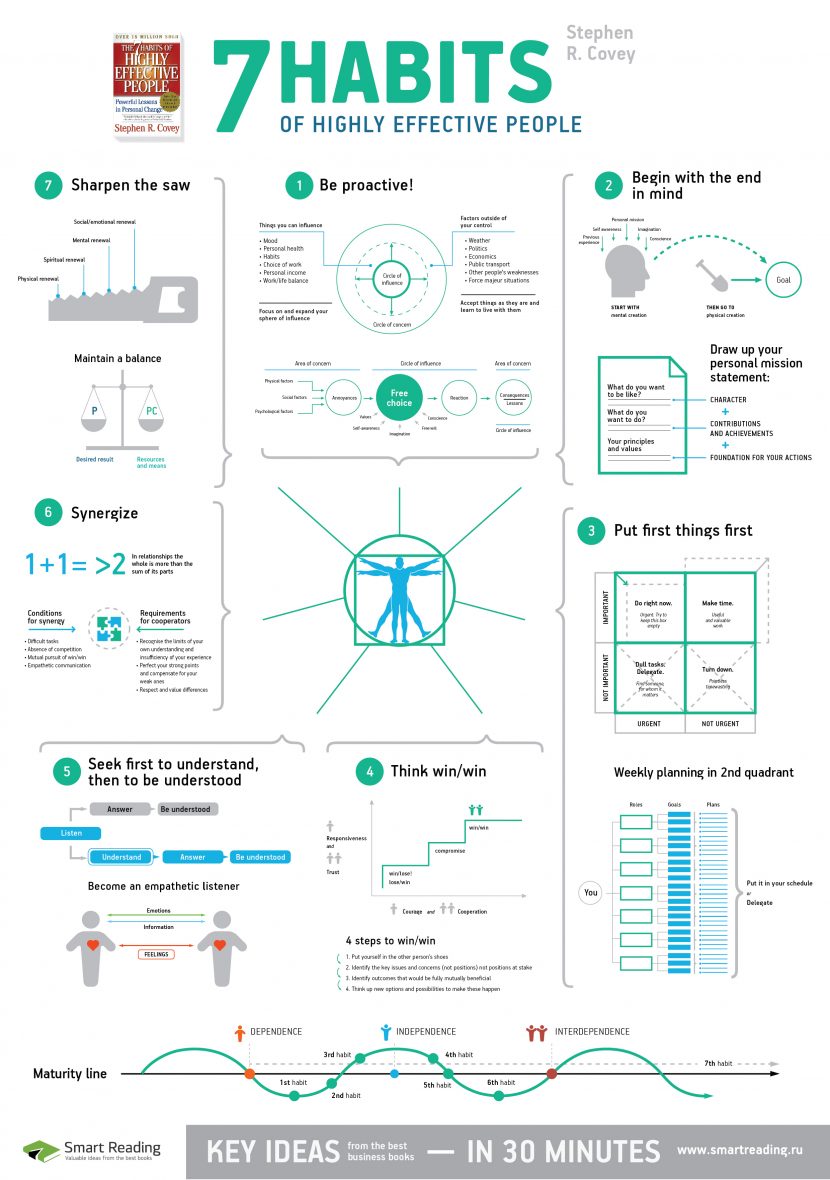

Humans are prone to creating false perceptions of their lives. Believing in these stark paradigms or others like them makes it difficult for teenagers to see possibilities for addressing their problems or changing their situations. Some common absolutist paradigms among teenagers include thinking that others are superior, attaining a degree will be too difficult, and family troubles can never be resolved. However, most of the time these perceptions are negative and harmful to people’s lives. These can be positive, such as when a student believes that she can overcome any academic obstacle if she works hard enough. Key Point 1: Black-and-white thinking can hinder a teenager’s ability to succeed.Įveryone develops false perceptions over time. With time and effort, you can develop all of these skills needed for a long and happy life. The goal should simply be to spend more time implementing the seven habits and improving your life.

They should also remember that everyone occasionally engages in toxic behavior or makes mistakes no one sticks to the seven effective habits perfectly. For example, they could replace negative thoughts with positive ones or improve their ability to prioritize tasks. To learn the habits, teenagers should make small, positive adjustments to their daily routines. Self-improvement is impossible without mastering social skills. The first three habits are self-improvement habits and the last four are social skills.

If a teen wants to improve his or her life, he or she needs to learn the seven habits in order. Teens should remember that they need to master one habit before moving on to the next. Without cultivating these habits, teens will find it difficult to strengthen their relationships, improve their lives or meet goals

A continual thirst for self-improvement and learning 5. An eagerness to work with others and create better results together than the sum of what each person could do individually 4. The willingness to understand others before they seek to be understood by you.


 0 kommentar(er)
0 kommentar(er)
